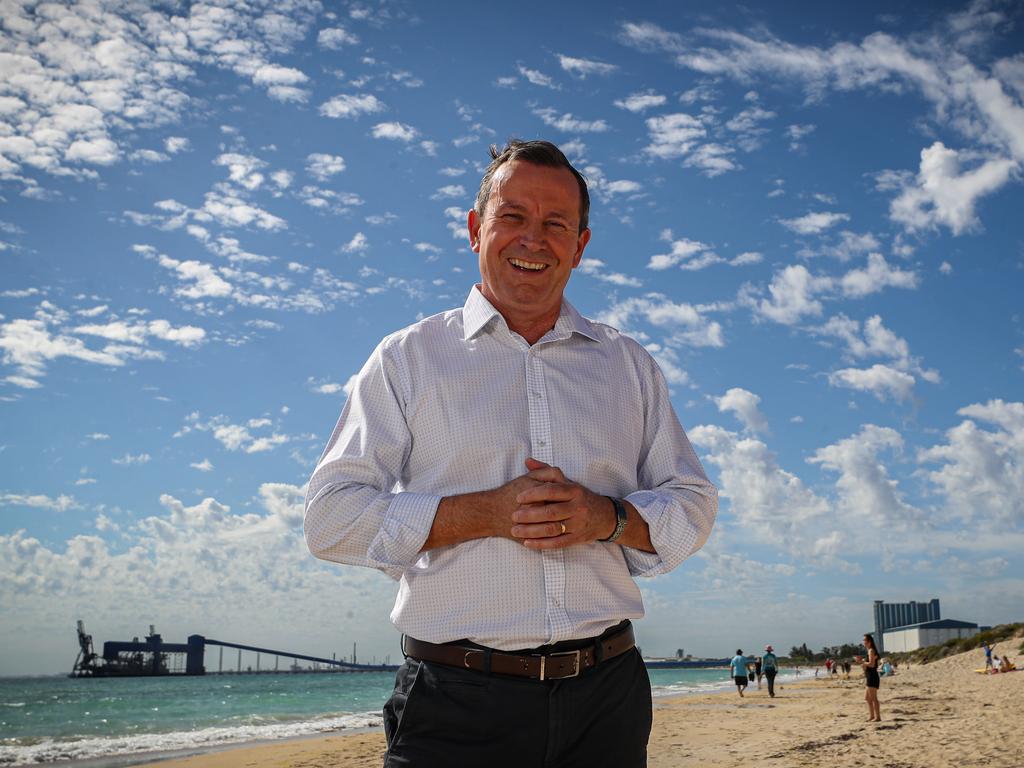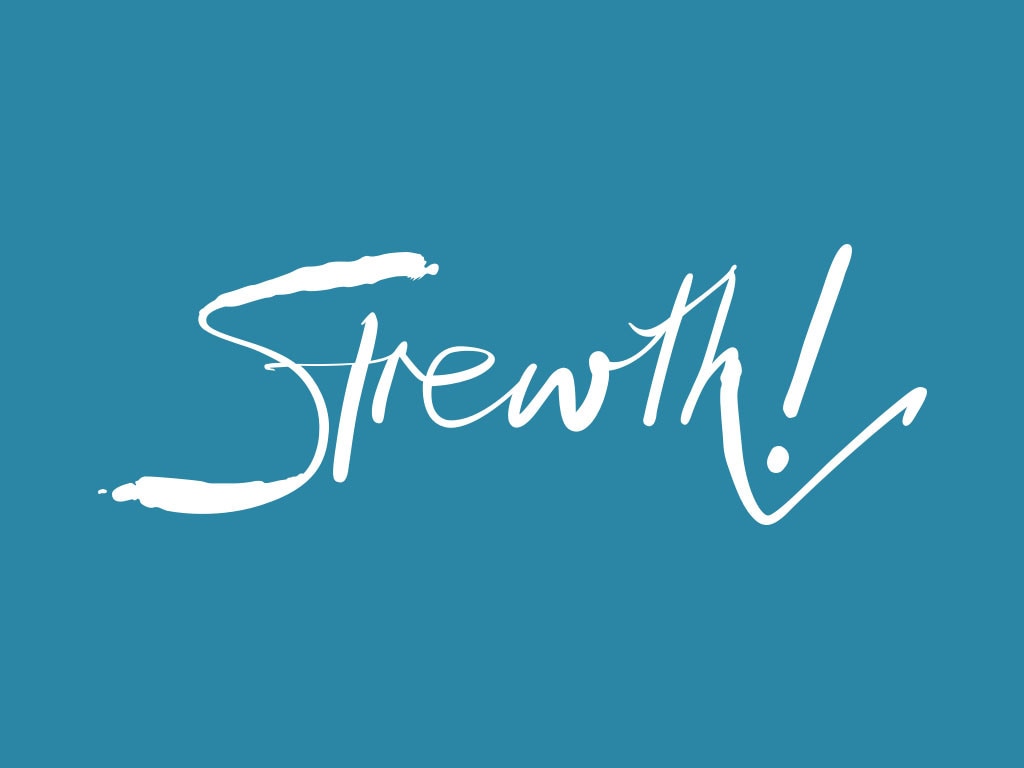Coronavirus: Norfolk dodges virus but kills off island’s tourism bounty
A speck of Australia in the Pacific has dodged the coronavirus bullet, but at the cost of crippling the tourism industry.

A speck of Australia in the Pacific has dodged the coronavirus bullet, but at the cost of crippling the tourism industry on which many of its 2100 residents rely.
Norfolk Island has had no confirmed cases of COVID-19, having barred tourists from March 16, apart from one that surfaced last month of a person who tested positive while in quarantine.
Leaders on the island are encouraged by plans to reopen state borders but say that, for now, plans remain as they were — to maintain the lockdown.
Norfolk Island administrator Eric Hutchinson said the emergency management committee would discuss the change when it met on Tuesday. “It is an encouraging thing and an indication of what’s happening on the mainland, which is always going to be a consideration of things happening on the island,” he said.
“We’re contemplating dates but they are still under early consideration. We’ll have more to say by the end of next week, or certainly the following week.”
Mr Hutchinson said social distancing on such an isolated island had proved painful. “I can’t imagine there is another community that is so significantly dependent on a visitor economy, both directly and indirectly. Norfolk Island has suffered immensely,” he said.
“For many people, this has been a time to slow down and reflect on what it is that they really love about Norfolk Island.”
Norfolk Islanders who are permanent residents in the Australian territory and those defined as essential workers have been allowed to travel on the few near-empty flights a week to and from Brisbane and Sydney, but have been quarantined in hotels and motels on their arrival for two weeks.

That changes from Saturday when they will no longer face two weeks in isolation, but will be required to wear masks in public and keep a record of their movements.
The removal of the two-week quarantine for permanent residents and essential workers prompted some debate among locals who are eager to maintain the COVID-free status.
The Norfolk Island Chamber of Commerce in recent days held a meeting in which it argued the lifting of the fortnight isolation should be delayed by four weeks.
Committee member and local ambulance superintendent James Tavener said that despite the lockdown, which he said had caused 30-40 per cent of businesses to close, many islanders wanted the fortnight quarantine on arrivals kept in place.
He pointed to the recent Black Lives Matter protests in Australia as the kind of risk Norfolk Islanders wish to avoid. “In case there’s a round two of the virus, we’re concerned there’s a risk of losing family or elderly people,” he said.
“Because of our isolation, if we get two doctors crook or if the three nurses contract the virus from the ones that come, we don’t have the people who can fill these vacancies.”
The ban on tourists, which authorities show no sign of lifting, has had a massive impact on the island, which attracts visitors for its scenery, history as a British penal settlement, and as the home of many of the descendants of the Bounty mutineers.
The local council, which relies on a tax on tourist arrivals, has had to make 20 staff redundant and stand down 78 casuals in recognition of the $4m black hole in its $30m budget. The cuts have been deep on the island, where the council is a significant employer.
In recent weeks, the head of the island’s museum was laid off. Most of the hotels are closed, and while many restaurants and cafes remain open serving locals while adhering to social distancing requirements, some that are reliant primarily on tourists have not.
When the tourist travel ban came into force, Justine Chilcott, owner of the Hilli Restaurant and Cafe, closed down and laid off her 10 staff. “There was a global pandemic and that was completely understandable,” she said.
“I realised immediately that the tap for tourism on Norfolk Island had been turned off. Normally I put about $250,000 in wages into the community.”
One of Ms Chilcott’s laid-off staff, Caytie Nobbs, said: “I completely understand why they made the decision to close the island at the time.”
Norfolk Island Regional Council general manager Andrew Roach said the island was “in a really difficult situation” after the lockdown crushed tourism.
“This will be a long battle for the island — we’re hoping we can come out the other side,” he said. Bounty Day, the island’s national day held each June 8, when islanders gather to remember the original mutineer families, proved a distant affair. The parade was cancelled and only small family groups were allowed to tend to the graves in the island’s cemetery.
Many on the island turn out for funerals in a community where everyone knows everyone. But rather than gather at the cemetery, islanders turned out in their hundreds to line the streets — all at socially-distanced intervals.
Mr Hutchison, who has attended every funeral on the island since his arrival three years ago, gave Mr Bigg a send-off, standing at attention at Government House.
Islanders watched the procession as it made its way through the old convict settlement of Kingston down towards the graves facing the Pacific on Cemetery Bay.







To join the conversation, please log in. Don't have an account? Register
Join the conversation, you are commenting as Logout